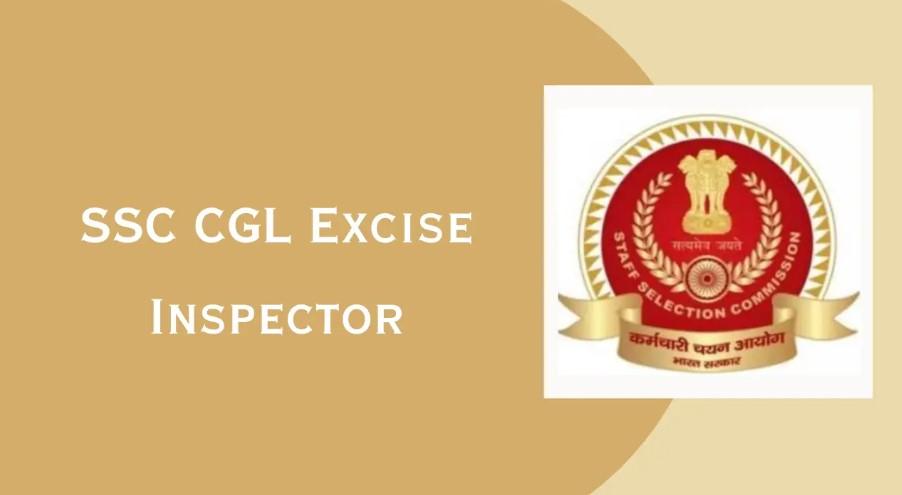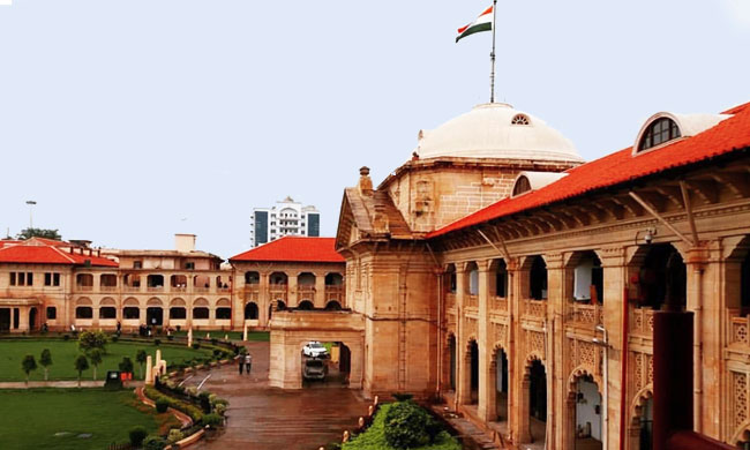Bajaj Motors (P.) Ltd. Versus Commissioner of Income-tax, Faridabad (P&H HC)
Deduction u/s 80-I – The Assessing Officer while computing the same took into account loss of the assessee in another manufacturing unit. It was held that the benefit under section 80-I was referable to total income which was required to be worked out after taking into account the loss, if any – Decided against the assessee.

| No. – 75 OF 2003 | ||||||||||||
| Dated – March 9, 2011 | ||||||||||||
ADARSH KUMAR GOEL AND AJAY KUMAR MITTAL, JJ. Pankaj Jain for the Appellant. This appeal has been preferred by the assessee under section 260A of the Income-tax Act, 1961 (hereinafter referred to as “the Act”) against order dated 25-11-2002 passed by the Income-tax Appellate Tribunal, Delhi Bench ‘C’, New Delhi in ITA No. 246/Delhi/1998, for the assessment year 1994-95, claiming following substantial question of law:- “Whether under the facts and circumstances of the case the Appellate Tribunal was right in holding that in computing the quantum of deduction u/s 80-I of the Income-tax Act, 1961 out of the profits and gains of Unit No. 1 the loss incurred in another independent Unit No. 2 should be set off against the profits of Unit No. 1?” 3. The assessee manufactures automobile parts at Gurgaon. It is entitled to deduction under section 80-I of the Act. The Assessing Officer while computing the same took into account loss of the assessee in another manufacturing unit. It was held that the benefit under section 80-I was referable to total income which was required to be worked out after taking into account the loss, if any. This view has been upheld by the CIT(A) as well as the Tribunal. The Tribunal observed as under:- “We have carefully consider the rival submissions and gone through the various judicial pronouncements cited before us. In our considered view, section 80AB of the Income-tax Act, 1961 which contains the non-obstante clause reading “notwithstanding anything contained” clearly expressed legislative intention that the section would have overriding effect over any other provision which may be in conflict with the same. A non-obstante clause is a legislative device which is usually employed to give overriding effect to certain provisions over some contrary provisions that may be found either in the same enactment or some other enactment. In view of the stipulation contained in section 80AB, one thing which emerges clearly is that the mode of computation as indicated in section 80AB has full application to the case relating to section 80-I overriding any other provision contained in Chapter VI-A including section 80-I. This section clearly provides that deductions under any section included in Chapter VI-A is to be made with reference to the income “which is included in his gross total income.” The expression “gross total income” as defined under section 80B(5) means the total income computed in accordance with the provisions of the Act before making any deduction under this chapter. 
Thus, the entire scheme for computing deduction in Chapter VI envisages that first gross total income would be computed by applying the provisions of the Act and on the total income so arrived at deduction under Chapter VI-A would be computed. Thus, section 70 which provides for set-off of loss under any head from one source against income from any other source under the same head would be given effect to while computing gross total income. On the basis of the aforesaid provisions, loss of Unit No. 2 would be set off against profits of Unit No. 1 and on the total income so arrived at deduction u/s 80-I would be worked out. The view taken by the ld. CIT(A) is thus contrary to the express provisions of section 80AB, section 80B(5) and cannot be sustained.” 4. We have heard learned counsel for the parties. 5. Learned counsel for the assessee submits that for computing the benefit admissible under section 80-I, loss in another unit could not be taken into account. Reliance has been placed on judgment of Hon’ble Supreme Court in CIT v. Canara Workshops (P.) Ltd. [1986] 161 ITR 320/27 Taxman 262 which has been followed in CIT v. Siddaganga Oil Extractions (P.) Ltd. [1993] 201 ITR 968/67 Taxman 426 (Kar.) and CIT v. Visakha Industries Ltd. [2001] 251 ITR 471/118 Taxman 777 (AP). Learned counsel for the assessee also relies upon CIT v. Devidayal Rolling Refineries (P.) Ltd. [1984] 17 Taxman 299 (Bom.). 6. Learned counsel for the revenue, however, submits that component of benefit under section 80-I has to be worked out with reference to total income after excluding the loss therefrom as provided under section 80AB read with sections 80A(2) and 80B(5). Reliance has been placed upon the following judgments:- 7. In order to appreciate the controversy, it would be appropriate to refer to the following provisions:-
“80A(2) The aggregate amount of the deductions under this Chapter shall not, in any case, exceed the gross total income of the assessee.”
“80AB Where any deduction is required to be made or allowed under any section included in this Chapter under the heading “C-Deductions in respect of certain incomes” in respect of any income of the nature specified in that section which is included in the gross total income of the assessee, then, notwithstanding anything contained in that section, for the purpose of computing the deduction under that section, the amount of income of that nature as computed in accordance with the provisions of this Act (before making any deduction under this Chapter) shall alone be deemed to be the amount of income of that nature which is derived or received by the assessee and which is included in his gross total income.”
“80B(5) “gross total income” means the total income computed in accordance with the provisions of this Act, before making any deduction under this chapter.”
“80-I (1) Where the gross total income of an assessee includes any profits and gains derived from an industrial undertaking or a ship or the business of a hotel or the business of repairs to ocean-going vessels or other powered craft to which this section applies, there shall, in accordance with and subject to the provisions of this section, be allowed, in computing the total income of the assessee, a deduction from such profits and gains of an amount equal to twenty per cent thereof: 
Provided that in the case of an assessee, being a company, the provisions of this sub-section shall have effect in relation to profits and gains derived from an industrial undertaking or a ship or the business of a hotel as if for the words “twenty per cent”, the words “twenty-five per cent” had been substituted.” 8. It is clear from the above provisions that component on which deduction is permissible under section 80-I is gross total income which is defined in section 80B(5) and is also referred to in sections 80A(2) and 80AB. In Distributors (Baroda) (P.) Ltd.’s case (supra) the said provisions were so interpreted, which was also followed in H.H. Sir Rama Varma’s case (supra). Judgment in Canara Workshops (P.) Ltd.’s case (supra) does not refer to section 80AB. As observed by Madras High Court in Macmillan Co. of India Ltd.’s case (supra) if component of deduction under section 80-I is to refer total income without excluding the loss therefrom, it will be against the statutory provisions. It will be appropriate to make a reference to the following observations in the said judgment:- “Learned counsel for the assessee, however, contended that the law to be applied is that laid down in the case of CIT v. Canara Workshops (P.) Ltd. [1986] 161 ITR 320 (SC). It was held in that case that for computing the profits for the purpose of deductions under section 80E of the Income-tax Act, 1961, the loss incurred by the assessee in the manufacture of alloy steels (a priority industry) could not be set off against the profits of the manufacture of another product. The assessment year considered in that case was the year 1966-67. The Court, in the course of its judgment did not refer to section 80AB of the Act and did not consider the effect of that provision as to whether it was declaratory or not, while the question was specifically considered by the Supreme Court in the case of H.H. Sir Rama Varma v. CIT [1994] 205 ITR 433. We are bound by the latter decision and the law declared therein is the law which we are required to apply for determining the extent to which deductions are to be permitted under several sections in Chapter VI-A excluding section 80M. Learned counsel also referred to certain other decisions which it is unnecessary to refer to, having regard to the law laid down in the case of H.H. Sir Rama Varma v. CIT [1994] 205 ITR 433(SC). 9. We are, thus, in agreement with the view taken by Madras High Court in Macmillan Co. of India Ltd.’s case (supra) and Bombay High Court in Nima Specific Family Trust’s case (supra) and Synco Industries Ltd.’s case (supra). The provisions of section 80A(2), 80B(5) and 80AB of the Act were not considered before the Apex Court in Canara Workshops (P.) Ltd.’s case (supra). It may further be observed that the said judgment has been followed by Andhra Pradesh High Court in Visakha Industries Ltd.’s case (supra). We are unable to subscribe to the view taken by Andhra Pradesh High Court in the aforesaid decision. The provisions of section 80AB having not been noticed in the judgments relied upon on behalf of the assessee except in Distributors (Baroda)(P.) Ltd.’s case (supra) the same are distinguishable. The question raised is decided against the assessee and in favour of the revenue. 
10. The appeal is dismissed. |
Related Tags Judgements














